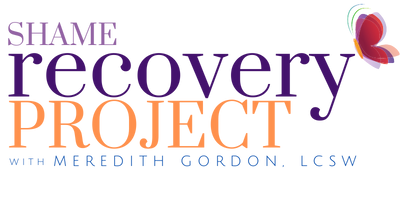As a culture, we’ve grown accustomed to the label enabler. Some people proudly (and perhaps with a bashful touch of pride) announce: “I can’t help myself; I’m an enabler!” Some believe it shows a capacity to “love” more deeply or caring-ly—more intensely—than any other kind of love. After all, if you do stuff for someone else (meaning, stuff they can do for themselves), that must mean you love them more (than anyone else), care more (than anyone else), and can do it better (than anyone else).
We are talking patterns here. All this can come on very insidiously. Or, we have been born and bred that way. Or, we’re just plain susceptible to doing for others. Have you ever noticed how organizations give out awards to the “most helpful” and the person most likely to work double-overtime to get the job done (which often means getting other people’s jobs done)?
But I digress.
Enabling is something we kind of accept, maybe giggle about (I think I’ve seen greeting cards riffing off the topic)—until it’s not funny anymore. But it’s never funny, really, because another word for enabler is disabler. The latter does not sound near as charming.
Enabling disables whomever you’ve decided to “help.” If it’s a young person, or even a peer or an elder, it disables. Some people do not realize this and will be horrified to realize what they are doing. Others enable/disable because the thought of being out of control is very frightening. Of course, when we’re vying for control, we’re already out of control, which is the reason we grip tighter.
A friend of mine talks about being dedicated to reality. In this case, the reality is, if you are doing something for someone on a protracted basis for someone that they can do for themselves, you are effectively disabling them, and teaching them to be dependent—on you.
Is that what you really want?
Photo by Emile Perron on Unsplash
